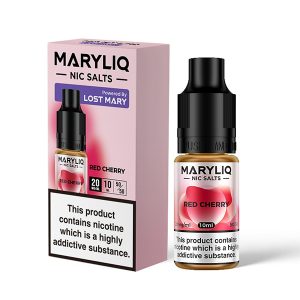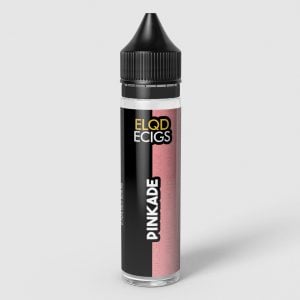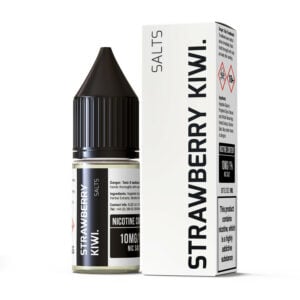Last month, Circular Economy Minister Mary Creagh confirmed the legislation to ban single-use vapes will come into force on 1st June 2025, in an effort to fight their environmental impact and extensive use among children.
This comes after the British Medical Association (BMA) called on the UK government to tackle what they described, “the growing epidemic of vape use.” Previously this year, the Scottish and Irish governments have also announced a complete ban on the sale and manufacture of single-use vapes for 2025.
Single-Use Vapes Impact on Environment
Last year, London-based non-profit organisation Material Focus commissioned research to identify how many single-use vapes are purchased in the UK, as well as their methods of disposal. They found that nearly 5 million single-use vapes are littered or improperly disposed of in general waste every week, nearly four times as much since research was conducted the previous year.
Scott Butler, Executive Director of Material Focus commented, “Since we last published our research, the problem with single-use vapes has gotten further out of control. Single-use vapes are a strong contender for being the most environmentally wasteful, damaging and dangerous consumer product ever made.”

Circular Economy Minister
Circular Economy Minister, Mary Creagh said:
Single-use vapes are extremely wasteful and blight our towns and cities. That is why we are banning single use vapes as we end this nation’s throwaway culture.
This is the first step on the road to a circular economy, where we use resources for longer, reduce waste, accelerate the path to net-zero and create thousands of jobs across the country.
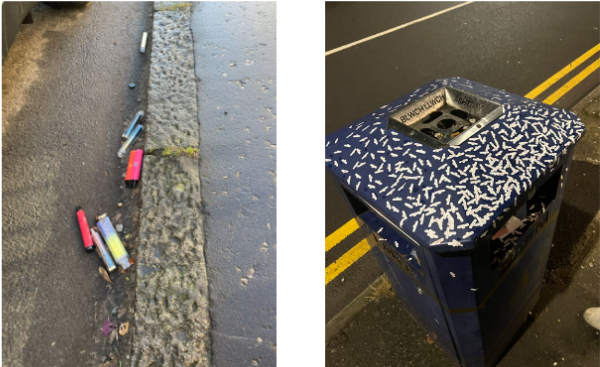
Single-use are powered by lithium batteries, a metal which is currently facing global shortage mainly due to the challenging mining and extraction processes involved. In 2022, over 40 tonnes of lithium from single-use vapes were discarded, enough to power 5,000 electric vehicles.
According to Material Focus’s findings, the potential cost of collecting and recycling these disposable vapes is now £200 million annually, which isn’t paid for by producers, importers and retailers.
Andrew Gwynne, Minister for Public Health and Prevention said: “It’s deeply worrying that a quarter of 11-15 year-olds used a vape last year and we know disposables are the product of choice for the majority of kids vaping today.
“Banning disposable vapes will not only protect the environment, but importantly reduce the appeal of vapes to children and keep them out of the hands of vulnerable young people.
“The government will also introduce the Tobacco and Vapes Bill – the biggest public health intervention in a generation – which will protect young people from becoming hooked on nicotine and pave the way for a smoke-free UK.”
Vape Industry and Experts React
Michael Landl, Director of the World Vapers’ Alliance (WVA), criticises the UK government’s ban.

World Vapers’ Alliance
Labour’s plan to ban disposable vapes is a reckless attack on harm reduction. This decision will hurt those who need help the most – current smokers looking for safer alternatives. By driving disposable vapes off the shelves, the government is handing the market over to illegal actors.
Clive Bates, harm reduction advocate suggested that, “Banning disposables could lead to an increase in illicit trade, which would prevent proper recycling and create more waste.”
Research conducted by the University College of London and King’s College London suggest that the impending ban could delay the country’s efforts in reducing smoking rates, consequently affecting around 2.6 million people across the UK. It could also have a negative impact on disadvantaged groups that have higher rates of smoking and may find it harder to quit.
Hazel Cheeseman, Chief Executive of Action on Smoking and Health (ASH) said: “When there is a vape alternative to disposable products the Government is right to push ahead with this ban. The public are fed up of seeing disposable vapes littered across out communities and the proposed regulations are already driving changes in the market with more reusable versions of disposable brands being sold.
“However, while the ban is an important show of intention from the government, without further product and branding regulations this ban will be insufficient to address the popularity of vapes among teenagers. The Government must introduce the proposed Tobacco and Vapes Bill swiftly.”
Mark Rowland, Chair of the Mental Health and Smoking Partnership and Chief Executive of the Mental Health Foundation, said: “We welcome action to curb youth vaping and address environmental concerns but the most vulnerable group of smokers must not be forgotten. Smokers with mental health conditions are more likely to be using disposable vapes currently and many inpatient mental health settings will only allow disposable vapes to be used. The NHS needs to support trusts and patients to transition to reusable products and ensure more people are supported to stop smoking.”
Will Any Disposable Vapes Be Available?
The current legislation only applies to single-use vapes, such as Lost Mary and Elf Bar 600 puff disposables.
Other disposables which are rechargeable and refillable will be exempt from the ban, with many vape manufacturers releasing new devices to continue supporting ex-smokers and current vape users.
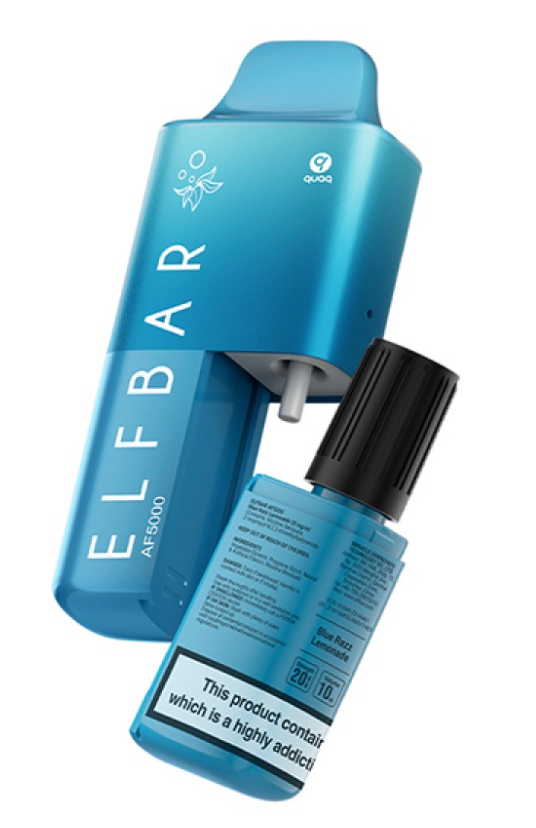
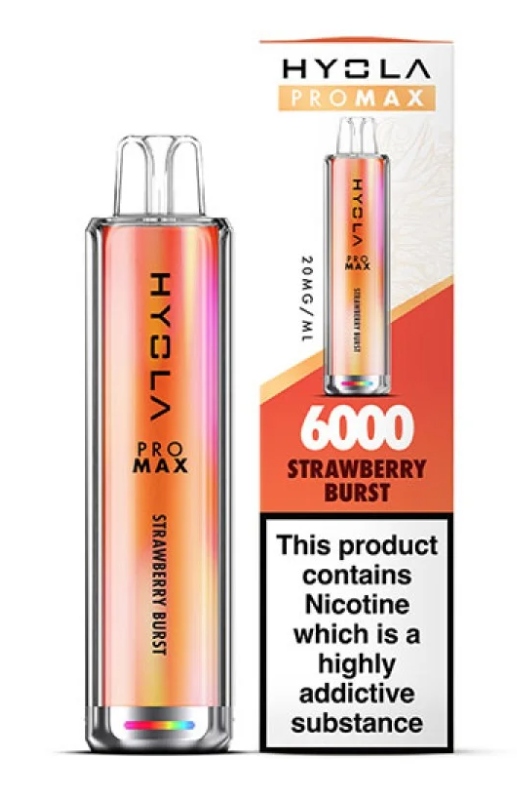

Shown above are some TPD compliant disposables
What Will This Ban Mean for Retailers?
The upcoming ban on single-use vapes may have significant effects on convenience and specialist shops that currently stock them.
In the next 7 months, retailers will have to reduce orders and phase out their stock of these items whilst exploring alternative products that are compliant with the Tobacco Products Directive (TPD).
This will provide customers with sustainable alternative as from 1st June next year, single-use vapes will no longer be available.


